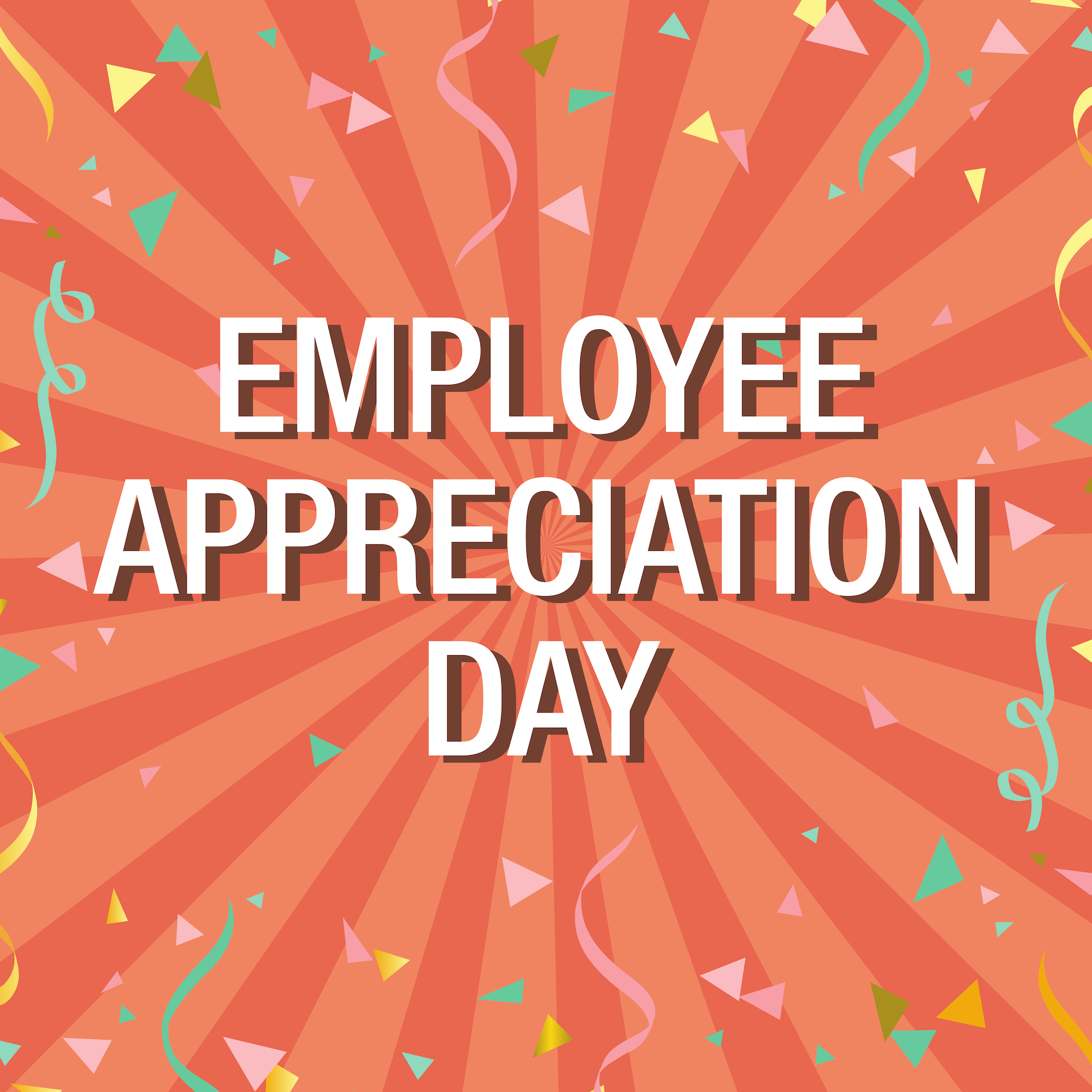
4 min read
We live in a world where trust is in crisis. According to the 2017 Edelman Trust Barometer, trust has declined, a phenomenon not reported since Edelman began tracking trust in 2012. This is partly due to economic and political concerns, but also down to concerns and lack of trust people have for their employers.
This shortage of trust isn’t isolated to just our economic and political climate though. It’s something I’ve seen and (though I hate to admit it) been guilty of myself.
The issue I want to talk about is the lack of trust between employee and employer. How can our employees trust us if we don’t trust our employees?
And why should they trust us? What have we done to earn their trust? We select them after determining they’re the best person for the job, trusting them enough to have them join our companies. So why then do we stop trusting them as soon as they walk through the door as an employee? We see this in the policies we create, the insane levels of approvals we put in place, the withholding of information, and the lack of autonomy we give them to do their job.
Again I ask, why should they trust us to build strategic HR programs?

“Many of us in HR go to work every day thinking all of our staff are out to sue us all the time. So we invent all these rules and policies. Couldn’t we try something different? Maybe our people wouldn’t sue us so much if we didn’t piss them off with the lies.” - Patty McCord ("Build it: The Rebel Playbook for World-Class Employee Engagement")
I’m not proud to say that in my over 20 years as an HR professional I’ve done this myself. Building rules and processes into the HR programs I design, telling myself that I’m doing this for the company and for my employees. But why am I really doing this? Here’s what happened to me recently that made me rethink my ways:
I was designing our new global recognition program, introducing for the first time peer-to-peer recognition awards. I was getting ready to do what I had done time and time again at previous companies, put in place an approval process so that managers would need to approve nominations. But then something happened. . . .
I went to a book writing session with my co-author Glenn Elliott, where we were locked away writing our book on being an employee engagement rebel. When mentioning to Glenn the approval process he immediately challenged me, asking,
How can you call yourself a rebel and then do something like this? Don’t you trust our employees?
After thinking this through I responded, “Yes, I trust my employees, I just don’t trust myself. I’m not confident that I can effectively communicate the plan to our global workforce, and because of this they may not use the program in the way it is intended.” He had a response I wasn’t expecting: Laughter. Even as an author of two “rebel” books — one on employee engagement and one on employee communication, I was still hesitant. But I had no reason to be. As Glenn put it:
What’s the worst thing that could happen? The recognition budget is 1% of payroll, so even if everyone misuses the program, which they won’t, how bad would that be?
And he was right, what was the worst thing that could happen? I’ll tell you what would and did happen:
- Our employees knew we trusted them
- Our employees engaged with the new recognition program
- We communicated the hell out of the program - having manager briefings, webinars, instructional videos and posts on our internal communications platform. (Don’t miss our other posts on creative employee communications for more inspiration!)
...And nothing bad happened.
So next time you’re in this situation I suggest you picture Glenn (or me) whispering in your ear and asking you, “What’s the worst thing that would happen?” and go out there and be an HR rebel. Design your HR programs and policies based on trust and not mistrust, and await the positive returns for your company and your workforce.

 Debra Corey
Debra Corey



